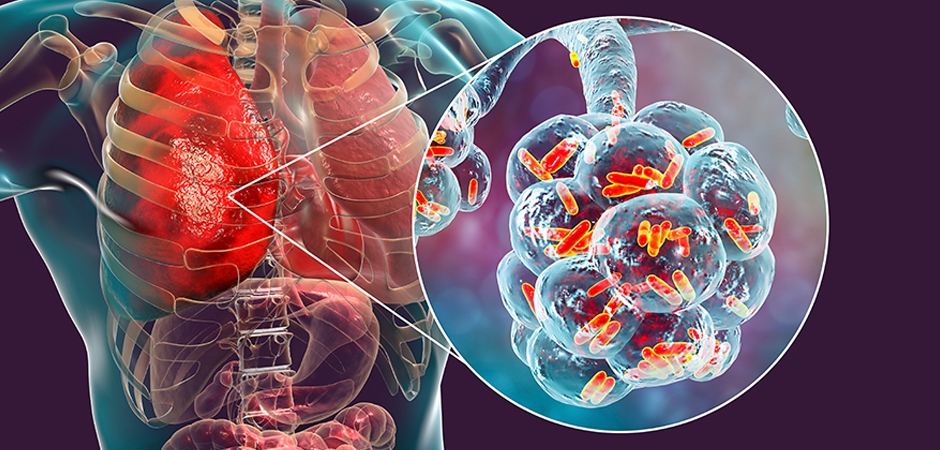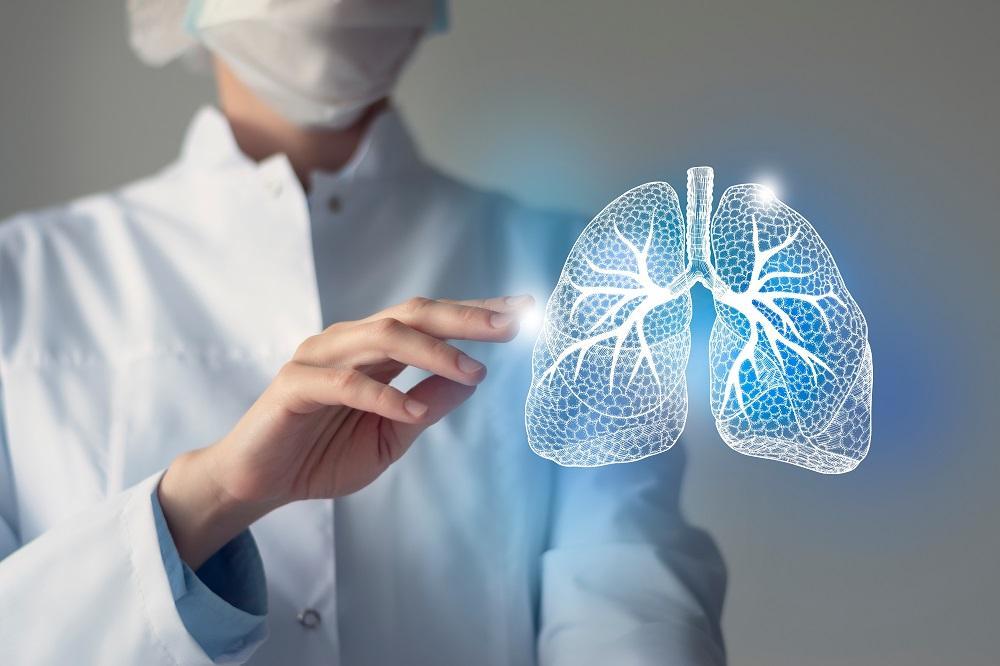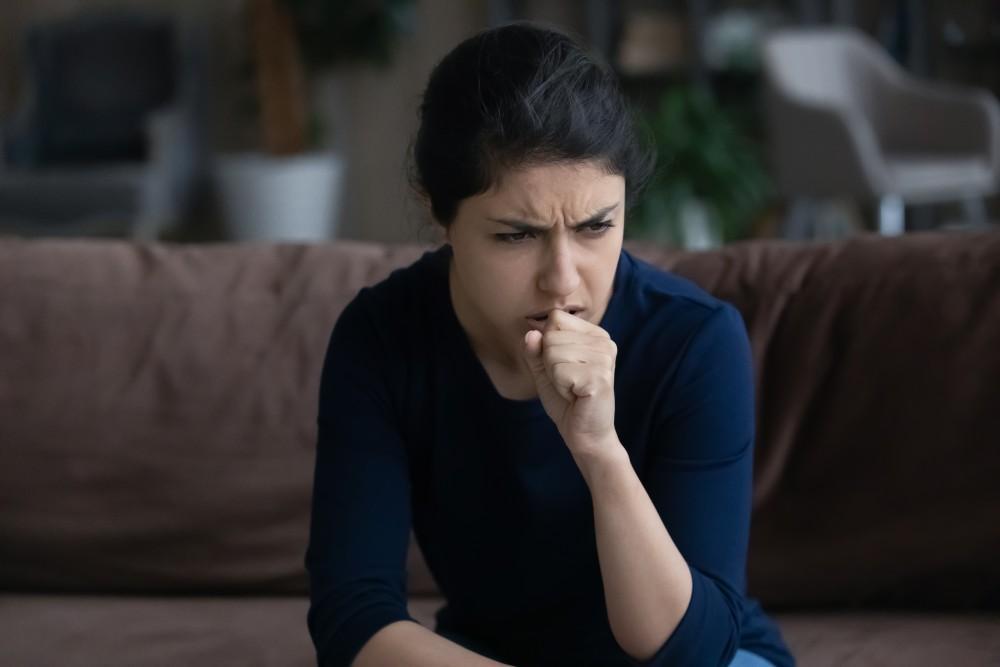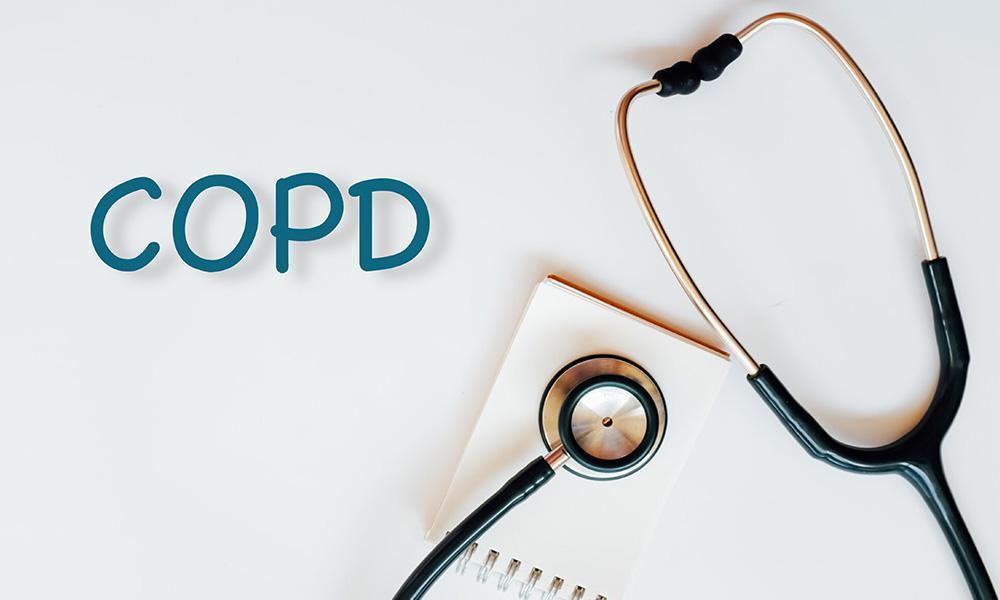Lung infection may be caused by nontuberculous mycobacteria (NTM), are a family of mycobacteria that cannot be spread for one person to another. This separates them from tuberculosis, a mycobacterial infection that is communicable or contagious. NTM infections are relatively uncommon though increasing in prevalence. They require expert care. Dr. David Kamelhar at Kamelhar Pulmonology in Midtown East, Manhattan, specialize in diagnosing and treating nontuberculous mycobacteria. Schedule a consultation with the experienced pulmonologists by calling the New York City office or booking an appointment online today.
Nontuberculous Mycobacteria Q & A
What are nontuberculous mycobacteria?
Nontuberculous mycobacteria (NTM) are a family of over 200 bacteria that are related to mycobacterium tuberculosis (TB). Unlike tuberculosis, these mycobacteria are not contagious and have never spread from one individual to another. Of the hundreds of NTM strains, only a handful cause clinical human respiratory infection. In the United States, Mycobacterium avium causes 90 percent of clinical infections.
Non-tuberculous mycobacteria are found in water and soil. The mycobacteria may enter the body and cause respiratory infections when breathed in from water vapors such as in hot tubs, jacuzzies, and steam rooms. Showerheads may contribute to the inhalation of mycobacteria as well. Individuals who work with potting soil may be exposed to inhalation of these bacteria.
There is a growing recognition that gastroesophageal reflux disease (GERD), other forms of esophageal dysfunction, and swallowing dysfunction may contribute to the development of pulmonary mycobacterial infection. The exact mechanism of this is not yet fully understood. Dr. Kamelhar, along with other physicians, is actively doing research to better understand this observation.
Dr David Kamelhar is a Co-Director of the Bronchiectasis and Nontuberculous Mycobacterium Program at NYU Langone Health. He has been active in caring for NTM patients for over four decades and participates in the clinical research at NYU. He has published and presented scientific papers at national and international conferences on NTM and has co-directed the annual Bronchiectasis and NTM Symposium since its inception in 2012.
Normally, your bronchial tubes have a system for repelling foreign objects including this type of bacteria. However, if you have a lung condition, such as bronchiectasis or a history of pneumonia that caused lung damage, your lungs may not be able to repel these bacteria. While everyone is exposed to these mycobacteria that reside in the pipes of our homes, it is apparent that only a small percentage of patients will carry mycobacteria in their bronchial tubes, and of those, even a smaller percentage of patients will become ill as a result of those mycobacteria.
Dr. Kamelhar and those same NYU researchers are looking into why that occurs.
Cigarette smoking may also put you at risk of developing NTM infections.
What are the symptoms of nontuberculous mycobacteria?
The vast majority of non-tuberculous mycobacteria infect the lung, while in a small number of patients, other organs may be involved. If you have an NTM respiratory infection, you may experience:
- Coughing
- Sputum production
- Hemoptysis or coughing blood
- Shortness of breath
- Wheezing
- Fever
- Loss of appetite
- Weight loss
- FAtigue
Although most patients with non-tuberculous infection (NTM) do not need antibiotic treatment at any given time, NTM infection may progress and involve more of the lung and cause more damage to the bronchial tubes in a “vicious cycle” fashion.
Damage to lung tissue and cavities, or holes in the lung, may occur. This may happen despite all measures to prevent it, so careful monitoring of infection is strongly advised. Because NTM infection is thought of as an extension of bronchiectasis, similar airway clearance techniques will be recommended by your physician at Kamelhar Pulmonology.
How are non-tuberculous mycobacteria diagnosed?
Kamelhar Pulmonology may order a CT scan if NTM infection is suspected. Once it is determined that there are CT findings that are consistent with NTM infection, your pulmonologist will order sputum tests, which involve collecting samples of sputum or phlegm that are sent to a laboratory that is specifically for mycobacterial analysis.
It will be determined which non-tuberculous mycobacterial type is present and how many cultures demonstrate that organism. A minimum of two such positive cultures is needed to separate active infection from mycobacterial colonization. Further on, analysis of what antibiotics are expected to be effective in eradicating that organism may be done.
How are nontuberculous mycobacteria treated?
The pulmonologists at Kamelhar Pulmonology are experts at treating NTM infections and customizing your treatment plan based on the type of infection you have, the severity of your symptoms, and the underlying cause that lead to your infection. As stated, the lion’s share of patients with mycobacteria in their sputum don’t need treatment at the time of diagnosis.
Management of mycobacterial infection is preferred to antibiotic treatment whenever possible, with specific attention paid to the July 2020 American Thoracic Guidelines regarding the management of NTM infection. It has been observed that the majority of NTM patients have not been managed according to those guidelines.
Because the treatment course is prolonged and complex, the physicians at Kamelhar Pulmonology are very careful to be precise regarding the precision of diagnosis and management and treatment options in caring for patients with non-tuberculous infection.
The initial assessment focuses on the underlying cause of your infection, such as taking steps to prevent aspiration or acid reflux.
Your pulmonologist also recommends a treatment known as a pulmonary toilet or airway clearance to clear away mucus and secretions from the airways, as is done in bronchiectasis. You can do this at home, on your own, or sometimes with the assistance of a partner or therapist.
Kamelhar Pulmonology only prescribes antibiotics for NTM infections when other treatments fail. Antibiotic treatment includes multiple antibiotics taken under careful supervision.
They may be taken until the infection is fully eradicated or until a mutually agreed-upon end-point is reached between that patient and the treating physician. As outlined in the ATS Guidelines referenced, expectations of treatment are always discussed with each patient in advance of management and treatment decisions.
Kamelhar Pulmonology specializes in treating NTM lung infections. For expert care, call the office or schedule a consultation online today. Dr. Kamelhar’s extensive experience in managing complex NTM infection will guide your treatment and return to optimum health.







